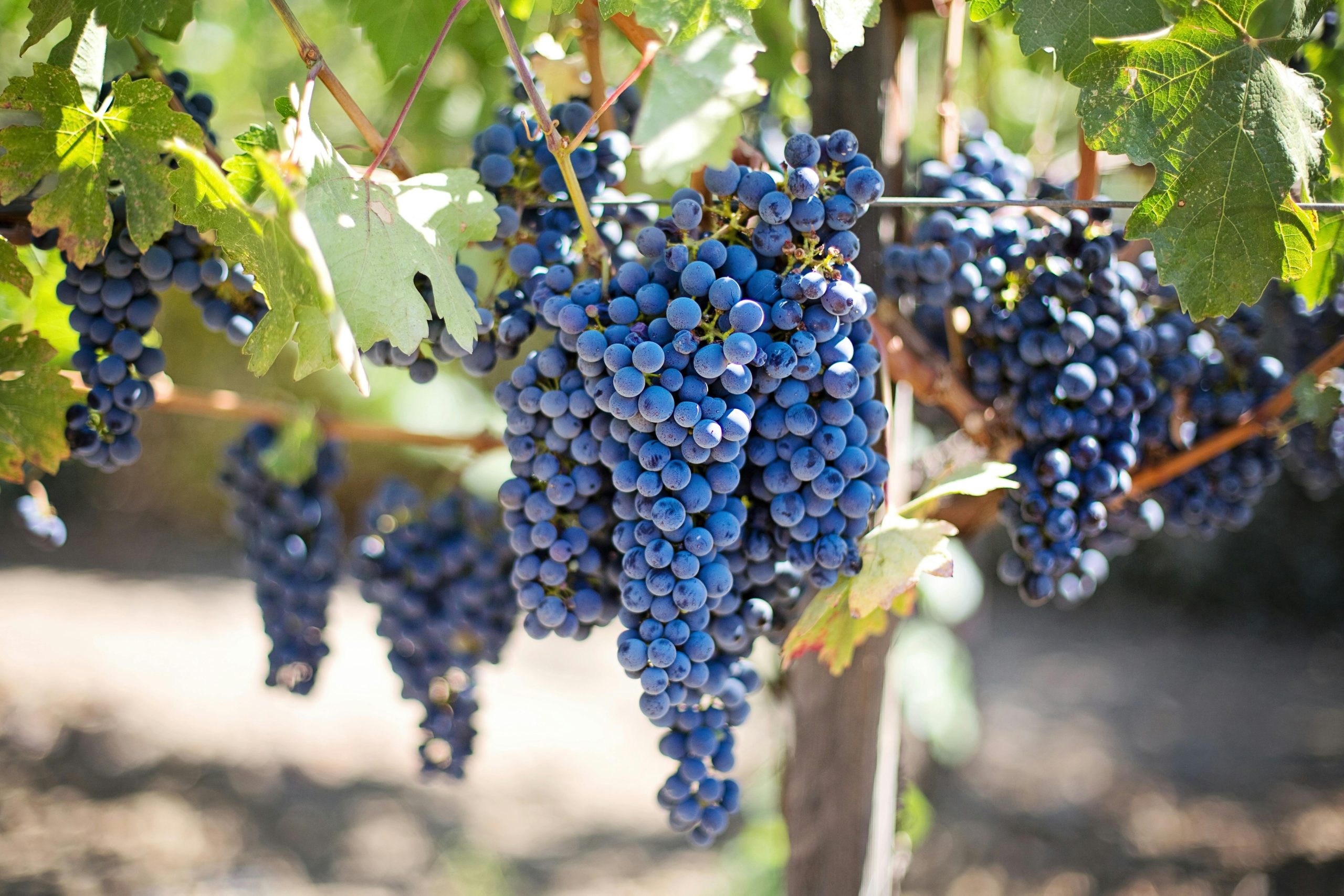
Imagine you’re at a dinner party. The host pours a glass of wine, and someone asks, “Is this kosher?” You pause, thinking, “Wait, what makes a wine kosher anyway?” It’s a question many of us have wondered about, and the answer is surprisingly fascinating. So, let’s start by looking into the Basics.
Kosher Wine: The Basics
First, let’s break down the term “kosher.” In Jewish tradition, kosher refers to foods and drinks that meet specific dietary laws called kashrut, which are derived from the Torah. These rules govern everything from the types of animals that can be eaten to the ways food is prepared. When it comes to wine, the rules are just as meticulous.
For wine to be labeled kosher, the entire winemaking process—from harvesting the grapes to bottling—must be handled by Jewish people who observe the Sabbath. And we’re not just talking about the winemaker; anyone involved in the process, whether they’re crushing grapes or cleaning barrels, must follow these laws.
A Rabbi’s Blessing: Not What You Think
There’s a common misconception that kosher wine is simply regular wine blessed by a rabbi. But it’s a bit more complicated than that. While a rabbi often supervises the production to ensure all the kosher rules are followed, they aren’t there to wave a wand over the bottle. Instead, their role is more like that of a strict quality control officer, ensuring that every step of the winemaking process adheres to Jewish law.

The Secret Ingredient: No Additives Allowed
One thing that sets this wine apart from non-kosher wine is the strict regulation of ingredients. Wine, in its simplest form, is made from grapes and yeast, but many winemakers add things like gelatin, casein (a milk protein), or isinglass (from fish bladders) to help clarify the wine. These additions don’t make the final product taste like fish or milk, but they can pose a problem for people keeping kosher. After all, kosher dietary laws also prohibit the mixing of dairy and meat, and any non-kosher animal by-products are a no-go.
Kosher winemakers use alternative methods for clarifying their wine. Bentonite, a type of clay, is often used instead of animal-based products. This ensures that the wine stays within the kosher guidelines while maintaining the quality and taste we all love.
It’s All About Control
One of the most unique aspects of kosher wine production is that from the moment the grapes are picked, the process must be handled exclusively by Sabbath-observant Jewish people. Why? This rule stems from the historical importance of wine in religious rituals. In ancient times, wine was often used in pagan ceremonies, and Jewish law was established to make sure wine used for sacred purposes stayed pure and untouched by those outside the faith.
The rule is so strict that if a non-Jewish person were to even touch an open bottle of kosher wine, it would no longer be considered kosher. However, there’s a little exception: mevushal wine. We’ll get to that fun detail in a minute!
Mevushal Wine: Kosher Wine’s Exception
Now, what happens if you want to serve kosher wine at a wedding or large gathering where not everyone is Jewish? Enter mevushal wine. The term mevushal means “cooked” in Hebrew, and it refers to a process where the wine is heated to a specific temperature. Traditionally, wine is heated to around 185°F (85°C). The idea behind this process is that it changes the wine enough that even if a non-Jewish person handles it afterward, it still remains kosher.
But here’s the thing: doesn’t cooking the wine ruin the taste? Well, it used to. In the old days, boiling wine made it taste flat and syrupy, not exactly what you’d want to pair with a gourmet meal. However, modern technology has come to the rescue! Nowadays, most kosher wine producers use a method called flash pasteurization. This technique heats the wine just enough to meet kosher standards without significantly altering its taste. So, you can still enjoy a glass of mevushal wine that tastes just as good as non-kosher wine, even at a big party.
Grapes of Blessing: The Yearly Harvest
Aside from production rules, kosher wines have a unique tie to the Jewish agricultural calendar. In ancient Israel, certain rules about farming were laid out in the Torah, and they still affect kosher winemaking today. One important rule is the concept of Orlah, which forbids the use of grapes from vines that are less than three years old. For kosher wines, these grapes are considered unfit for production. Talk about patience!
Then there’s Terumot and Ma’aserot, a rule that dictates a portion of the harvest must be donated or symbolically separated for charity or religious use. In practice, this means that kosher winemakers set aside a small percentage of their produce during each harvest.

Passover: Kosher Wine’s Big Moment
Passover is one of the most significant holidays in Judaism, and wine plays a starring role in the celebrations. During the Seder meal, four cups of wine are consumed to symbolize the redemption of the Jewish people from slavery in Egypt. But not just any wine will do for this occasion! Kosher for Passover wine has an extra layer of scrutiny: it must be free from any grain or leavened products, which are forbidden during Passover.
Kosher for Passover wine is made with the same strict rules as regular kosher wine, but with extra care to avoid any exposure to leavening agents like yeast from bread. So, if you’re grabbing a bottle for a Passover meal, look for the special label that says it’s kosher for Passover.
Does Kosher Wine Taste Different?
So, here’s the million-dollar question: Does kosher wine taste different from non-kosher wine? The short answer: not really! Kosher wine is made from the same grapes and undergoes the same winemaking processes as regular wine (minus a few ingredient restrictions). In fact, many wine lovers, Jewish or not, drink kosher wine without even realizing it. Some of the top kosher wines have won prestigious awards and rival the best non-kosher wines in terms of flavor, complexity, and body.
The key is in the winemaking, not in the kosher label itself. The variety of grapes, the region, the climate, and the winemaker’s skill all play a bigger role in the wine’s final taste. So, next time you see a kosher wine on the shelf, give it a try! You might just discover a new favorite.
Kosher Wine Around the World
You might be wondering where most kosher wine comes from. Surprisingly, kosher wines are produced in almost every major wine region in the world. Israel is a major player, of course, but you’ll also find kosher wines from France, Italy, Spain, and even California. The demand for high-quality kosher wine has grown in recent years, leading winemakers from around the globe to dip their toes (not literally!) into the kosher wine market.
Conclusion: It’s More Than Just a Label
Kosher wine—it’s a tradition that connects people to their heritage, religious rituals, and a sense of community. From the strict rules about who can handle the grapes to the careful selection of ingredients, every bottle of kosher wine carries with it centuries of history and culture. Whether you’re keeping kosher or simply curious, the world of kosher wine offers something for everyone to enjoy.